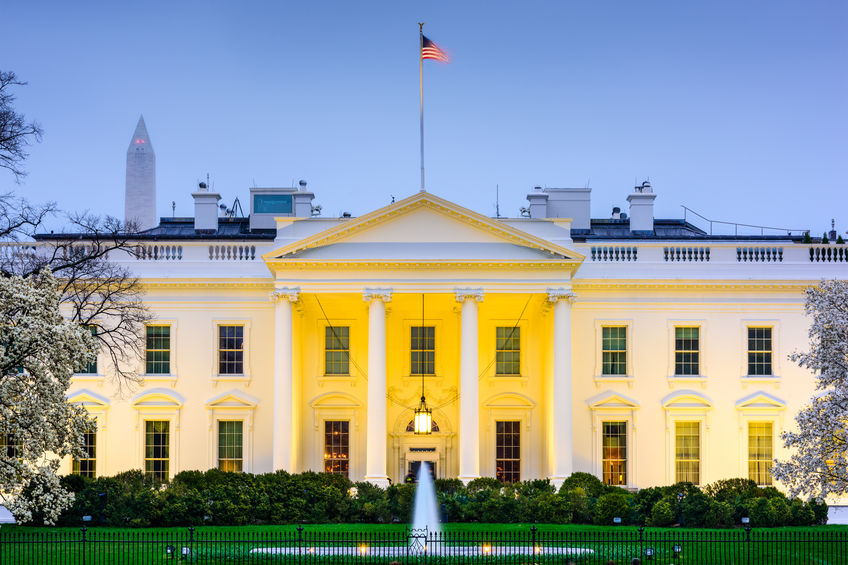White House Feels the Pressure of Cryptocurrencies
 Houston, we have a problem. That’s the takeaway about cryptocurrencies from the White House’s most recent Economic Report, a historically dry book produced annually to comply with the Employment Act of 1946. The President’s 2023 report, however, is markedly different from 2022 or any previous year in that it laboriously bewails the persistence and pervasiveness of cryptocurrencies. For example, the report uses the word crypto 255 times in its 2023 report compared to zero times the year before.
Houston, we have a problem. That’s the takeaway about cryptocurrencies from the White House’s most recent Economic Report, a historically dry book produced annually to comply with the Employment Act of 1946. The President’s 2023 report, however, is markedly different from 2022 or any previous year in that it laboriously bewails the persistence and pervasiveness of cryptocurrencies. For example, the report uses the word crypto 255 times in its 2023 report compared to zero times the year before.
The report labels crypto assets as “speculative investment vehicles” that “generally do not perform all the functions of money as effectively as sovereign money” that can also be “harmful to consumers and investors.” Despite this, the United States government is finally being forced to contend with the reality that cryptocurrencies continue to enjoy a collective $1 trillion+ market cap despite all the scams, collapses, price declines, and rug pulls. Bitcoin and Ethereum combined are $775 billion at the time of this writing, something that the White House has apparently given little thought to in previous years. In 2022 neither earned any mention at all.
| Annual Report Year | Mention of crypto | Bitcoin | Blockchain | Digital Asset |
| 2023 | 255 | 75 | 61 | 45 |
| 2022 | 0 | 0 | 0 | 0 |
Finally trying to play catchup, the White House leveraged its criticisms of crypto to pitch its own centralized competitors in the works, the FedNow Instant Payment System and a Central Bank Digital Currency (CBDC). The challenge with FedNow is that it can’t be implemented by force of the government alone.
“FedNow requires commitment and active engagement by the private sector to make it interoperable, which means connecting and communicating with other payment services,” the report states. “While noting that interoperability can take different forms, the Federal Reserve has maintained that it alone cannot fully establish the interoperability of FedNow; achieving this will require active partnership and collaboration with the financial industry.”
“Certain innovations, such as FedNow and a potential U.S. CBDC, could help bring the U.S. financial infrastructure into the digital era in a clear and simple way, without the risks or irrational exuberance brought by crypto assets,” it concludes. “Hence, continued investments in the Nation’s financial infrastructure have the potential to offer significant benefits to consumers and businesses, but regulators must apply the lessons that civilization has learned, and thus rely on economic principles, in regulating crypto assets.”
Last modified: March 22, 2023Sean Murray is the President and Chief Editor of deBanked and the founder of the Broker Fair Conference. Connect with me on LinkedIn or follow me on twitter. You can view all future deBanked events here.































